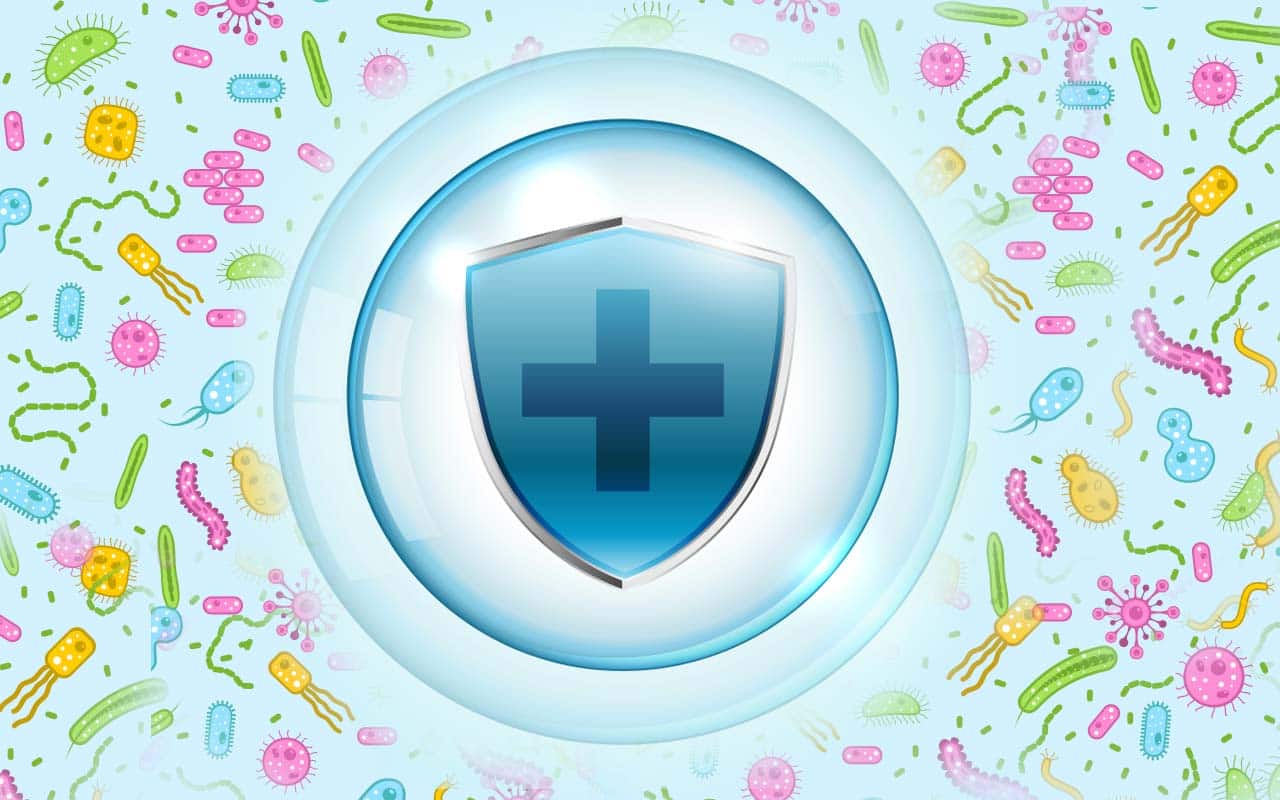The human microbiome refers to the complex ecosystem of microorganisms that inhabit the human body. This microbiome consists of bacteria, fungi, viruses, and other microbes that live in and on the human body. In the last two decades, the field of microbiome research has grown tremendously, shedding light on the vast diversity and complexity of these microbial communities and their role in human health. It’s become so important today in the field of healthcare that any research that was done more than 20 years ago and did not consider the role of the human microbiome is being considered obsolete.
The human body contains various microbiomes, each with its own unique set of microorganisms and functions. These microbiomes include the gut microbiome, skin microbiome, oral microbiome, lung microbiome, vaginal microbiome and more. The gut microbiome is the most well-studied and is composed of trillions of microorganisms that live in the intestinal tract. The question to ask is how much the genome of this microbiome impacts our own body and health. These bacteria are crucial for breaking down food, synthesizing vitamins and other essential nutrients, using food to produce energy or store as fat and most crucially modulating the immune system.
Studies have shown that the gut microbiome plays a vital role in the development and functioning of the human immune system. The microbiome is known to prime immune cells and influence the development of immune tolerance, which is important for preventing autoimmune diseases. Additionally, the microbiome helps to protect the body from harmful pathogens and plays a crucial role in maintaining the balance between a healthy immune response and harmful inflammation. There is a reason it is said that all illnesses begin in the gut!
The human microbiome has evolved over a lifetime, starting at birth, and is shaped by various factors such as diet, lifestyle, and environmental exposures. A healthy gut microbiome is diverse, with a variety of different species of bacteria, and is dependent on a diet rich in fiber. However, many people today have lost much of this diversity due to the overuse of antibiotics, a lack of dietary fiber, and other factors. This loss of diversity has been linked to the development of various diseases at such a fast growing pace including cancers, autoimmune conditions, cardiovascular issues, diabetes , mental health disorders, inflammatory bowel disease, and allergies.
To support a healthy microbiome, it is essential to consume a diet rich in fiber, fruits, and vegetables. These foods provide the necessary nutrients for the bacteria to thrive and help to maintain a diverse microbiome. Additionally probiotics such as fermented foods and even supplements, can help to support a healthy gut microbiome. Probiotics are live microorganisms that provide a health benefit when consumed, while prebiotics are non-digestible fibers that feed the bacteria in the gut.
In conclusion, the human microbiome plays a crucial role in maintaining human health. The field of microbiome research has grown rapidly in the last two decades, revealing the vast diversity and complexity of these microbial communities and their role in human health. It is clear that we cannot be healthy without considering the role of these bacteria in our daily lives. By supporting a diverse and healthy microbiome through diet and lifestyle choices, we can promote overall health and well-being.




